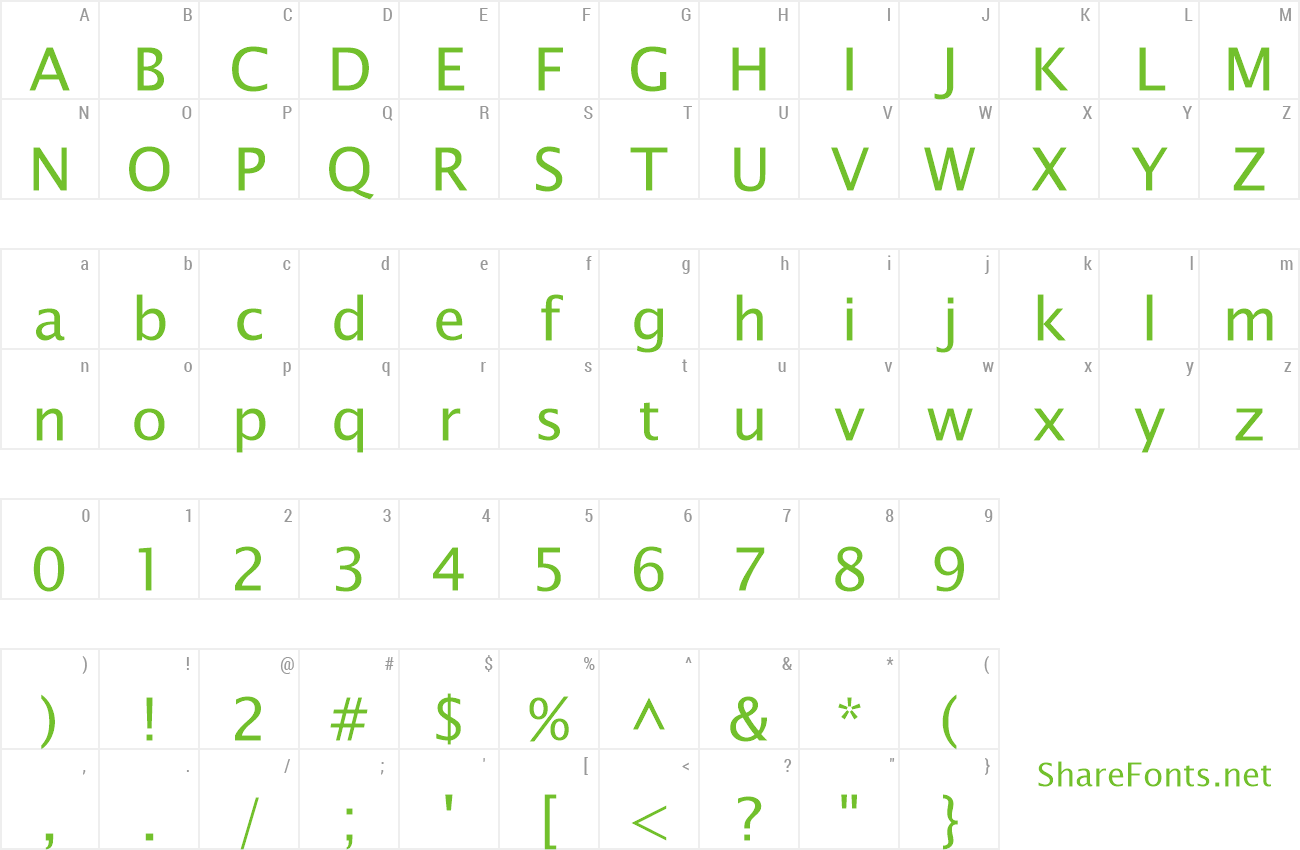
It is crucial that a technology meant to be ubiquitous supports the creation of local content across the world. W3C Internationalisation Which is why I'm slightly comforted to know that Internationalisation is a priority at the W3C. Internationalisation (i18n) “To ensure that the technology supports text in any writing system of the world.” The web is only useful to people who can understand the content on it. Even if you're going online to buy something, don't you need information about the product you're going to purchase? So the priority is always content. The web is an informational medium, people go online to find out about things. Language is part of a society's cultural heritage and is especially important for the maintenance of it. The world is beautiful because of its cultural diversity. Now I am a fan of Gal Gadot, and I remember watching her on a panel at the San Diego Comic Con a couple years ago when an Israeli fan asked her a question in Hebrew, and the first thing she said in her response was she was so moved that someone spoke to her in Hebrew. Something isn't quite right about this ratio.


Of the world's 7.6 billion people, only 4.9% are native English speakers, but 51.2% of websites are in English. Sources: Worldometers, Ethnologue, W3Techs Similar to Israel, the country where I'm from does not use English as its first language, though it too is used as a second language among many. English (~4.9%) Every other language in the world (~95.1%) Distribution of languages used around the world Every other language in the world (~48.8%) English (~51.2%) Distribution of content languages on the web


 0 kommentar(er)
0 kommentar(er)
